All Creatures Great and Small #48
https://publisher.unimas.my/ojs/index.php/BJK/issue/view/241

Tom’s Note: It has been the policy of the column “All Creatures Great and Small” to draw attention to those who publish research papers about Borneo. According to the British Journal Nature, we will continue to do so despite the overwhelming evidence that many of the papers (see below) could be fake. We believe most researchers are sincere and do not practice such fakery. The few we did notice were from the Department of Public Health Faculty of Medicine University of Malaysia Kota Kinabalu, the Faculty of Psychology and the Education University of Malaysia Kota Kinabalu, the Faculty of Islamic Studies University of Malaysia Kota Kinabalu, the Faculty of Computing and Information University of Malaysia Kota Kinabalu and one from the University of Malaysia Sarawak. http://retractiondatabase.org/RetractionSearch.aspx type in “Malaysia”where it says country.
Phoney Papers
Over 10,000 research papers have been redacted since January 2023. The top ten countries submitting false papers were Saudi Arabia, Pakistan, Russia, China, Egypt, Malaysia, Iran and India. doi: https://doi.org/10.1038/d41586-023-03974-8
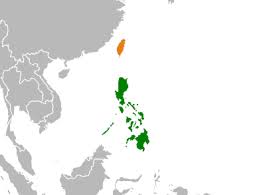
Asia vs Taiwan Origins
Who was first?
In a 51 page paper, Dr Blevins and Dr Kaufman of the City University of New York, have shown through linguistics that there was an Austroasiatic presence here in Borneo before the Austronesian people arrived. The authors have found 15 loan words from the Austroasiatic people. The paper is behind a pay wall. I have a copy, just ask. Sarawaktom@gmail.com
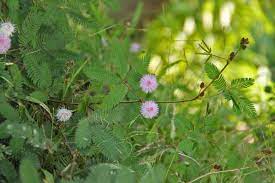
Plant Introductions
They are invading!
Plants humans have introduced and have become naturalized out compete and become a threat to native plants for sunshine, water space and other requirements. This is important because each island has developed a unique habitat for native plants and the aliens are driving them out. DOI: 10.1111/jbi.14766
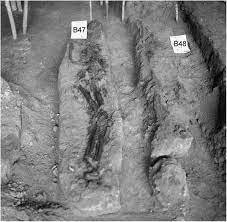
Burial Practices
Back to the Austroasiatic people.
Burial practices of the Austroasiatic people prior to the Austronesian expansion provide evidence for migration. 10.5772/intechopen.113931
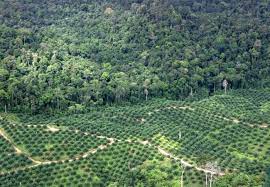
Experimental Forests
Save the Diptercarps!
Continuous deforestation caused by humans has reduced the 267 Diptercarps species. Some species will become extinct. The establishment of experimental plantations by the forestry department in Samarinda, Samboja and Sebulu could be applied to preserve these species. However, land use conflicts and budget limitations, to name a few, are some of the serious problems in expanding these habitats. https://cabidigitallibrary.org by 175.143.59.98 or I have a copy
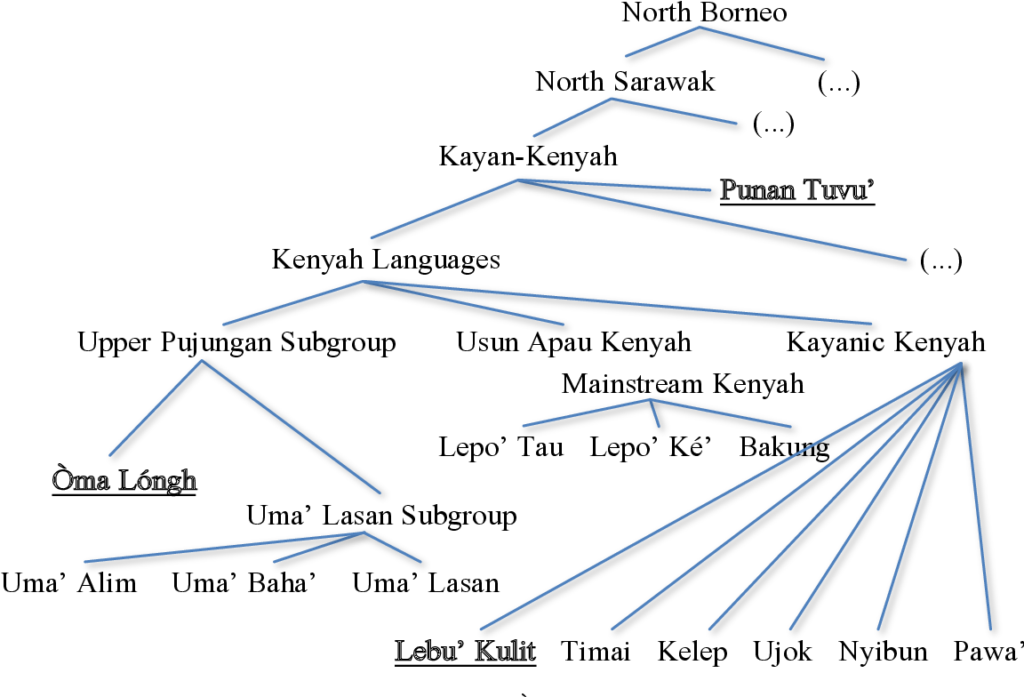
I can speak Malay but not Sarawak Malay!
Borneo Language Change
Before this paper, most people divided Borneo languages into two sub groups, Greater North Borneo subgroup and the Barito–Basap. These two groups were then placed under the Western Indonesian sub group which was under the Malayo-Polynesian. Now, Dr Alex Smith of Singapore University, has shown the languages of Borneo developed from a small number of Bornean-only lexical items through contact, borrowing, and early innovations within the first Proto-Malayo-Polynesian-speaking settlers of the island. The paper is behind a pay wall. I have a copy for free, just ask. Sarawaktom@gmail.com

Wood as a Material
Building without air conditioning? In the tropics?
Wood has been used as a building material for centuries in Borneo. This article looks at the aesthetic through Oikumene Church in Sajau, rural north Kalimatan. http://dx.doi.org/10.37312/jsdis.v5i1.6500

Bacteria
Hot bacteria
Thermopiles are bacteria that can survive in temperatures up to 122 C. These microbes are an important source of enzymes used in industry. From the thermal springs at Annah Rais and Panchor hot springs in Sarawak, bacteria were cultivated were shown to produce enzymes. The search for hot water producers of novel enzymes in Borneo has been successful. doi: 10.7454/mss.v27i4.1449

Borneo Cultural Museum
Changes in use of old buildings
This article summarizes the history of the old museum of the Borneo Cultural Museum. The article relates about the building materials, roof design and other concepts. It continues with the seven changes in the building. Following that it talks about adding “augmented reality applications” to the museum. From what I can understand, the “augmented reality application” will allow visitors to bring up explanations of what they are seeing on their cell phones. I think. https://doi.org/10.1145/3623462.3630630
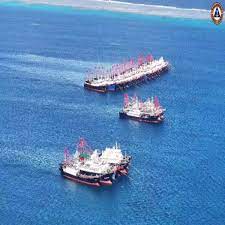
Climate
Many causes of climate change
Climate change over the past 40,000 years in Southeast Asia is determined from a core drilled into the Borneo Trough. The core revealed the sediment in the core came from N.W. Borneo and demonstrated abrupt climate changes causing flooding. These changes were caused by sea level, the winter monsoon, and where the trade winds from the north and south come together at the equator. https://doi. org/10.1029/2023GL107171
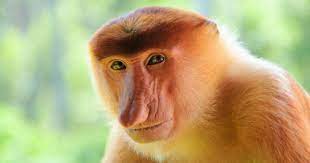
Proboscis Monkeys
Saving a primate
Intestinal parasites can cause diseases in the monkeys. This study showed roundworms(Trichuris trichiura)nematodes(Trichostrongylus) and nodular worms(Oesophagostomum) eggs were present in rehab centers in Kalimatan. https://creativecommons.org/license s/by-nc/4.0/. or I have a copy.
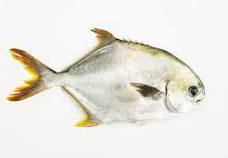
Shapes and sizes
Fish
Different shapes of fish may indicate where they are from. Silver Pomfret,(Ikan bawal putih Pampus argenteus) for example, has five different shapes which tell where they are from in Malaysian waters. This is important for maintaining the fish population.
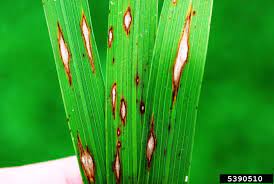
Genes and disease
Rice
Not a fireworks blast
Rice blast is caused by Pyricularia oryzae and is known as one of the most destructive rice diseases in Sarawak. Efforts to control the affliction has resulted in the discovery of eight new genes which gives the rice plant a resistance to the disease. https://doi.org/10.1016/j.stress.2023.100322
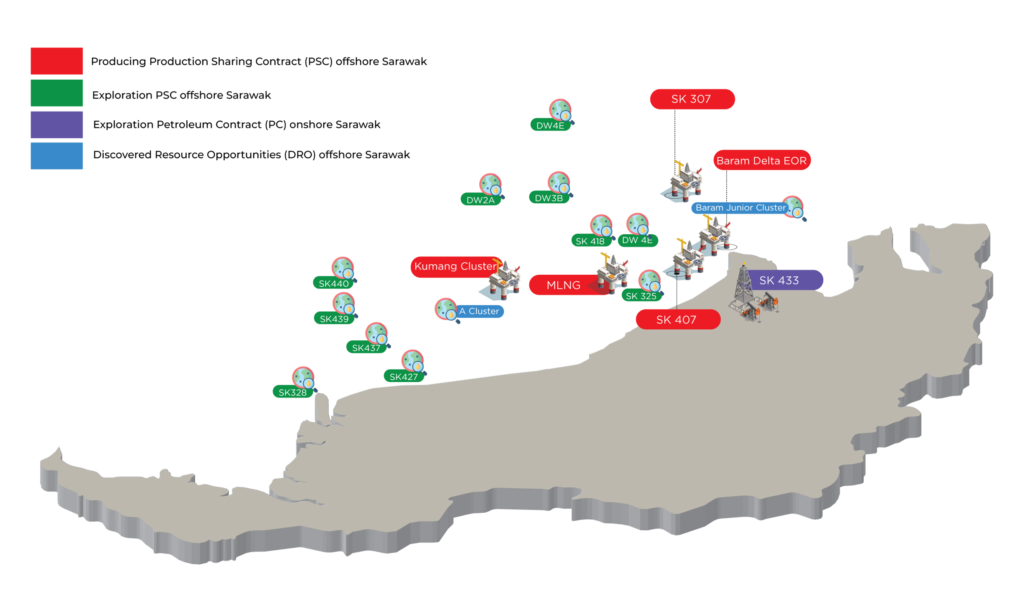
Oil and Gas Claims by Sarawak
China grabbing the oil
The claims by Sarawak on oil and gas fields on the continental shelf have been legalized by the Alteration of Boundaries of 1954. This research questions the legality of the 1954 law based on the context of legal history. It appears to be incompatible with the 1958 Geneva Convention on the High Seas and the 1982 United Nations Convention on the Law of the Sea. DOI 10.18502/kss.v8i20.146
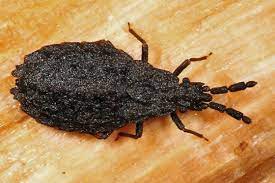
New Species
Dzul calls them stink bugs
Two new species of lipas (flat bugs)(chelonocoris) have been described from Borneo. DOI: 10.17109/AZH.69.4.413.2023
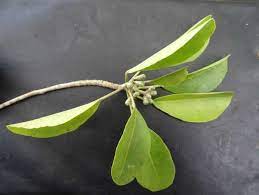
I didn’t know Mangroves stored all that carbon
Carbon Storage
The storage of carbon in mangrove areas takes the form of solids like in plant litter, soil and mangrove trees. Measurements were taken of carbon in mangrove forests in Miri and Limbang. Samples were at the seaward side, a mid size and a landward side. The most carbon was found in the mid size areas. doi:10.1088/1755-1315/1277/1/012003
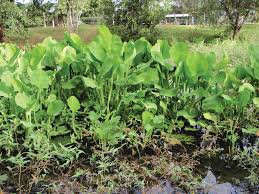
Aquatic Plant
Didn’t know these pretty flowers weren’t native
The plant, Paku rawan or Keladi paku(Yellow Bur Head Limnocharis flava) can inhibit fungal infections in the lobster, shrimp and crab production areas. https://jurcon.ums.edu.my/ojums/index.php/bijb/article/view/4718
Hakka Chinese
Traditiom! Tradition !
In many societies, at the onset of pregnancy, a woman is believed to be ‘polluted’ as pregnancy has placed her physiologically and socially in an abnormal position. Hers is a divergent body, a body out of place. In this study in Tabidu examines the ‘dangerous force’ of pregnancy, a belief that persists among Hakka Chinese. https://doi.org/10.1007/978-981-99-5724-8_3(I have requested from the author a full copy of the chapter as it is behind a paywall)
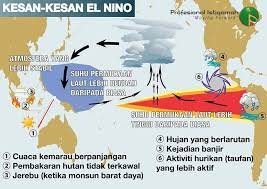
El Nino
And the answer is blowing in the wind
The effect of El Nino on the water behind the dams at Bakun and Murum showed unusually low lake levels. The study showed a 30% decrease in water levels during the 2015-2016 El Nino event. /doi.org/10.30880/ijscet.2023.14.04.010

Dance
An expression of culture
The Kadazan community of Penampang district of Sabah inherited the sumazau dance, which used show the balance between the physical world and the spiritual world. Meanwhile, the Sama-Bajau Community in Sabah’s Semporna District manifests the bond between humans and spirits in the physical and spiritual realms through music and dance making. IMPAC2023 Proceedings p. 154
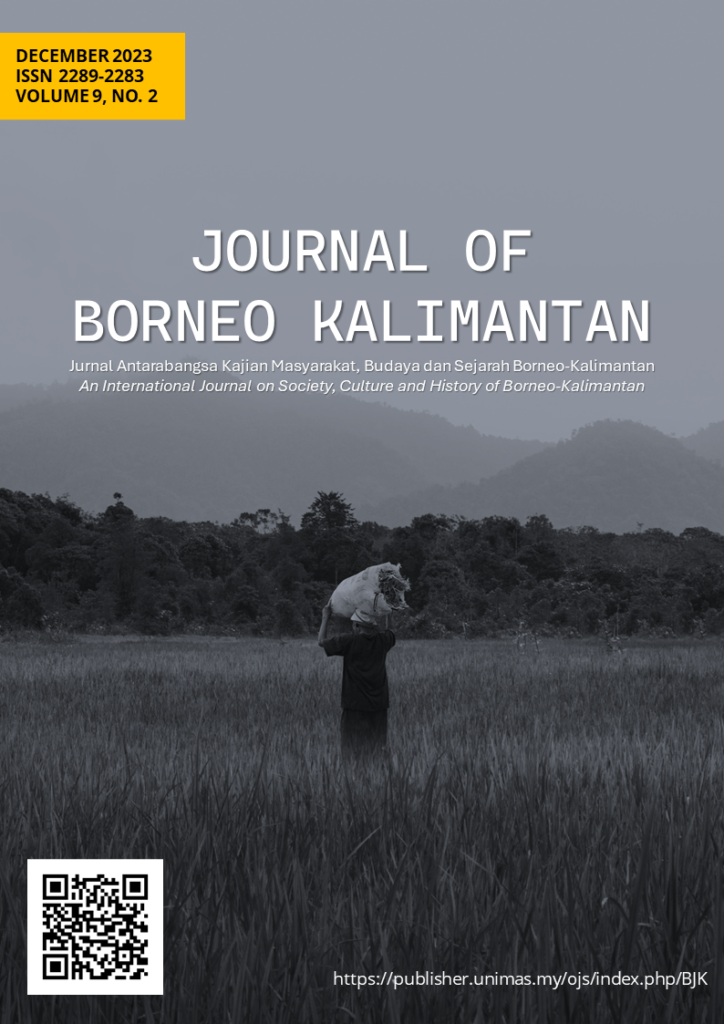
Journal
New discoveries about the inland peoples
The December issue of the Journal of Borneo Kalimatan is out with a story on the Red Bridge of Sarawak https://publisher.unimas.my/ojs/index.php/BJK/issue/view/241
